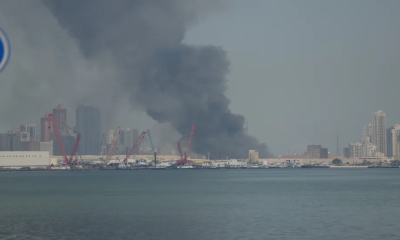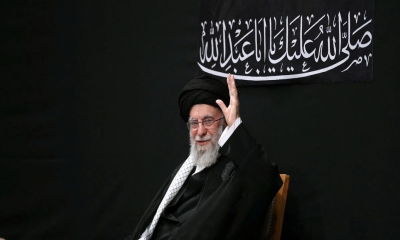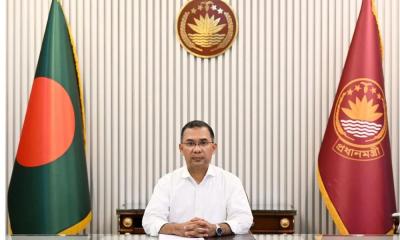The six-day long countrywide vaccination campaign which started on August 7, drew a huge response from the general people.
People from all walks of life were seen handing over the xerox copy of their National Identity Card (NID) to the local political activists who claimed to be volunteers at the vaccination centres on local representative’s call in multiple vaccination centres in both the city corporations in Dhaka.
On many other occasions, incidents such as fake bank loan documents, fraudulent sim card registration, passport forgery, and fake verification of social media accounts were reported using stolen NID copies.
A guideline issued by the Directorate General of Health Services (DGHS) instructed local representatives to enrol the vaccine seekers’ information in an Excel sheet and asked to nominate three volunteers as well as two vaccinators for each team.
However, the situation on the ground was different.
Local political activists collected the NID photocopies from people and gave them an unauthorized ‘serial number’.
They claimed to maintain the serial number for vaccination but people complained they could not get their first jab despite standing in the queues for at least 10 hours.
Parveen, a house help in Dhaka, complained on the third day of the vaccination drive that local influential people were arranging the queue according to their will. They also took their NID copies to provide a serial in the prior day, she alleged.
MK Alam, General Secretary of Dhaka North City Corporation’s 19 no ward unit along with Juba League, and his associates were seen running such process in Banani Bidyaniketan centre on August 9.
He claimed that he was present there as a volunteer, but he was unaware of what the next step was going to be after collecting the NID photocopies.
Shamsul Alam, at Hatirpool vaccination centre of BRAC, told this correspondent that he was unable to receive the vaccine despite coming for two days in a row and also having being allotted a serial number. And on the third day, he faced the same situation because the local influential representatives had reserved the jabs for their closest, depriving the general people.
The information provided is highly confidential to us, said Dr Nasima Sultana Additional Director General of DGHS.
When asked about political activists’ involvement, without saying about the NID copy collecting issue, she said, “Local authority decides who will be volunteering.”
She further added, “As the Prime Minister said that her party members will work and volunteer to maintain the law & order in the centres, the volunteers only followed the instructions of the local authorities.”
Noted virologist Prof Nazrul Islam, a member of the National Technical Advisory Committee (NTAC) on Covid-19 response of Bangladesh, said, “Although NID is a very confidential asset, its confidentiality is highly violated as we have to submit its photocopy almost in every official procedure including via Surokkha server of regular vaccination registration.”
“How the political activists get involved with the walk-in vaccine registration is still very vague to me,” he added.
State Minister of ICT affairs ministry, Zunaid Ahmed Palak said, "It is a big challenge to ensure security to the information of all citizens as well as the state. We are bound to ensure the security of all the data including the information of vaccination."
The ICT division established Cyber Incidence Response Team (CIRT) to ensure the security of information, he said. BCC and BGD e-Gov CIRT are working jointly to ensure the security of this process.
Dr Md Ziaur Rahman, Professor of Criminology Department at Dhaka University, said that passport forgery already exists in Bangladesh. An organized ring would be needed to de-fraud anyone from using any kind of xerox copy consisting of personal information.
Wishing to be anonymous, at least five teachers from different departments of the university feared that the NID data collected by local politicians could be leaked if the government does not take the appropriate steps.
“Perhaps the country of over 160 million people don’t know the price of their information, but the watchdogs do,” all of them reiterated.













-20260304091720.webp)






-20260303080739.webp)








-20260225072312.webp)





-20260228064648.jpg)
